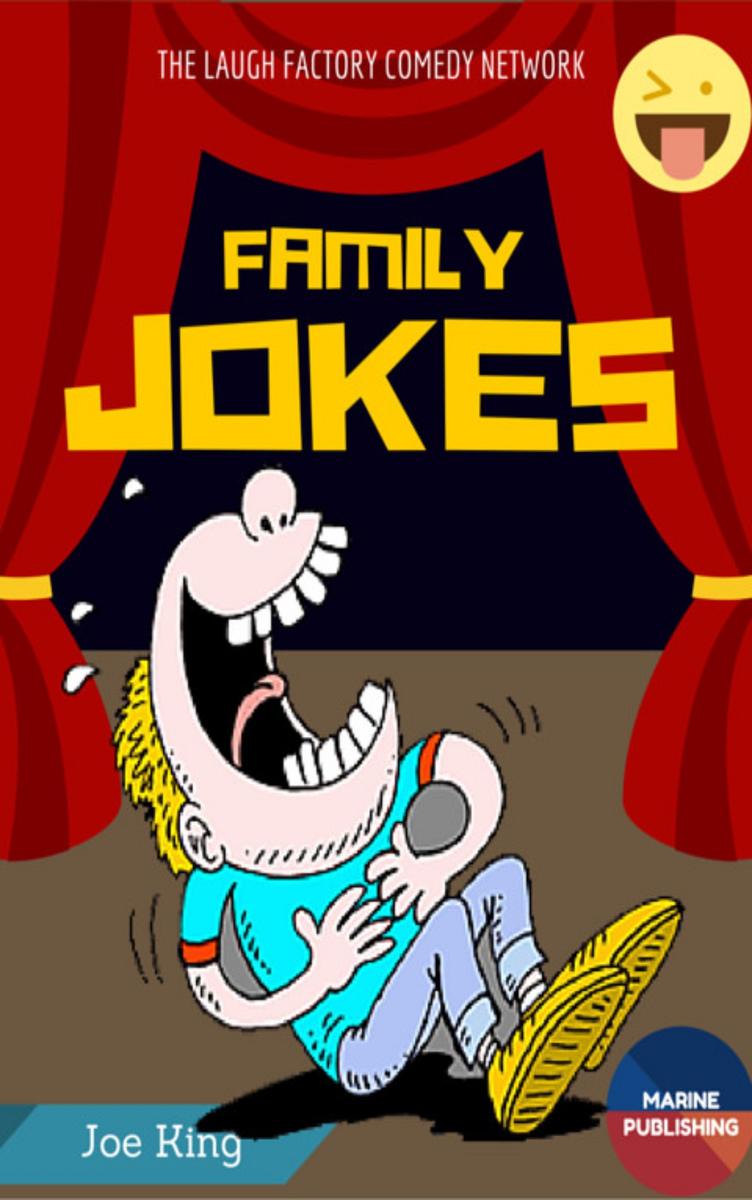
Family Jokes
¥4.09
Family Jokes

Boycott These Jokes
¥4.09
Boycott These Jokes
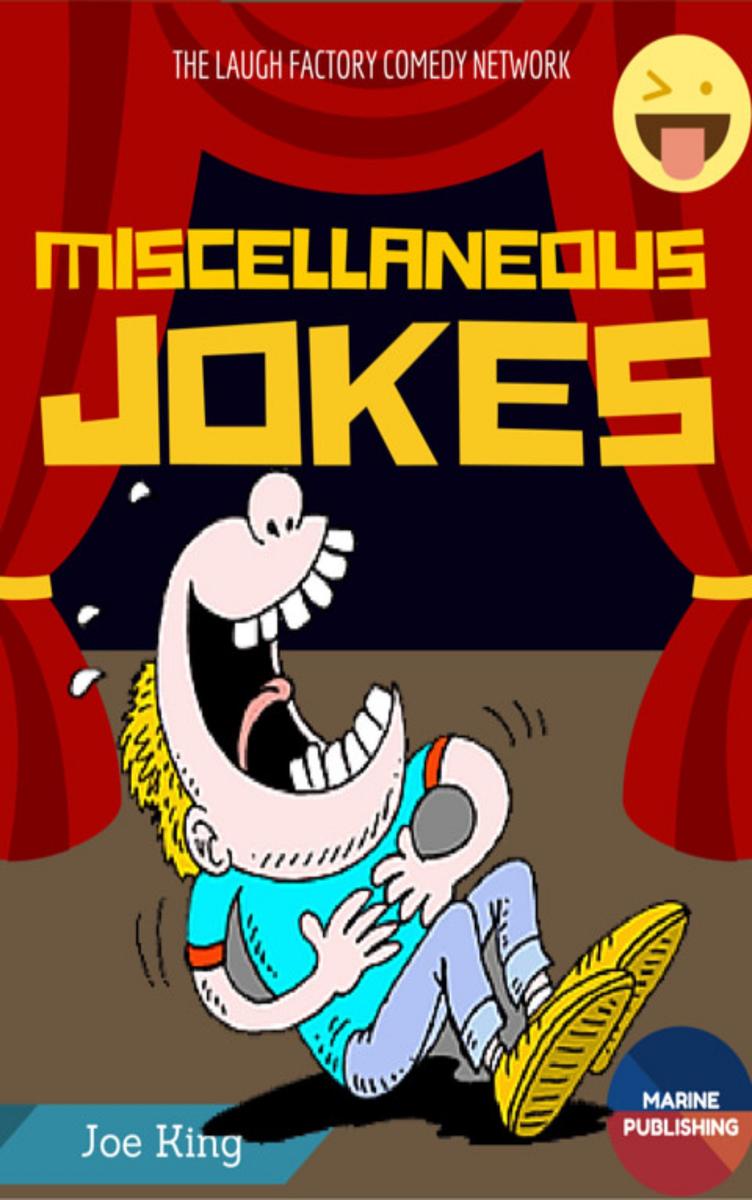
Miscellaneous Jokes
¥4.09
Miscellaneous Jokes
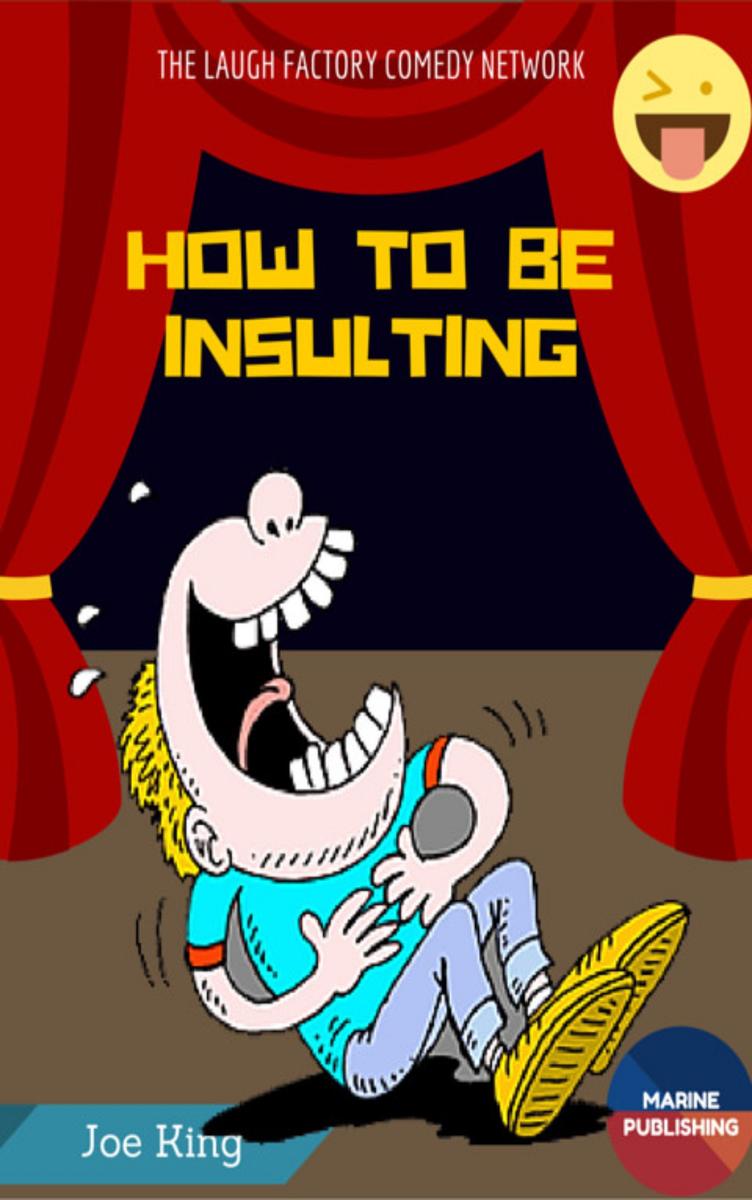
How to be Insulting
¥4.09
How to be Insulting

10 Coisas que você nunca deve dizer no trabalho
¥4.09
10 Coisas que você nunca deve dizer no trabalho

剥头皮很有趣!: 第1部分:使用Heikin Ashi图表进行快速交易
¥3.60
剥头皮很有趣!: 第1部分:使用Heikin Ashi图表进行快速交易

Missions and Achievements in StarCraft II Legacy of the Void Game Walkthrough
¥3.60
Missions and Achievements in StarCraft II Legacy of the Void Game Walkthrough

Marvel Contest of Champions Walkthrough and Guides
¥3.19
Marvel Contest of Champions Walkthrough and Guides
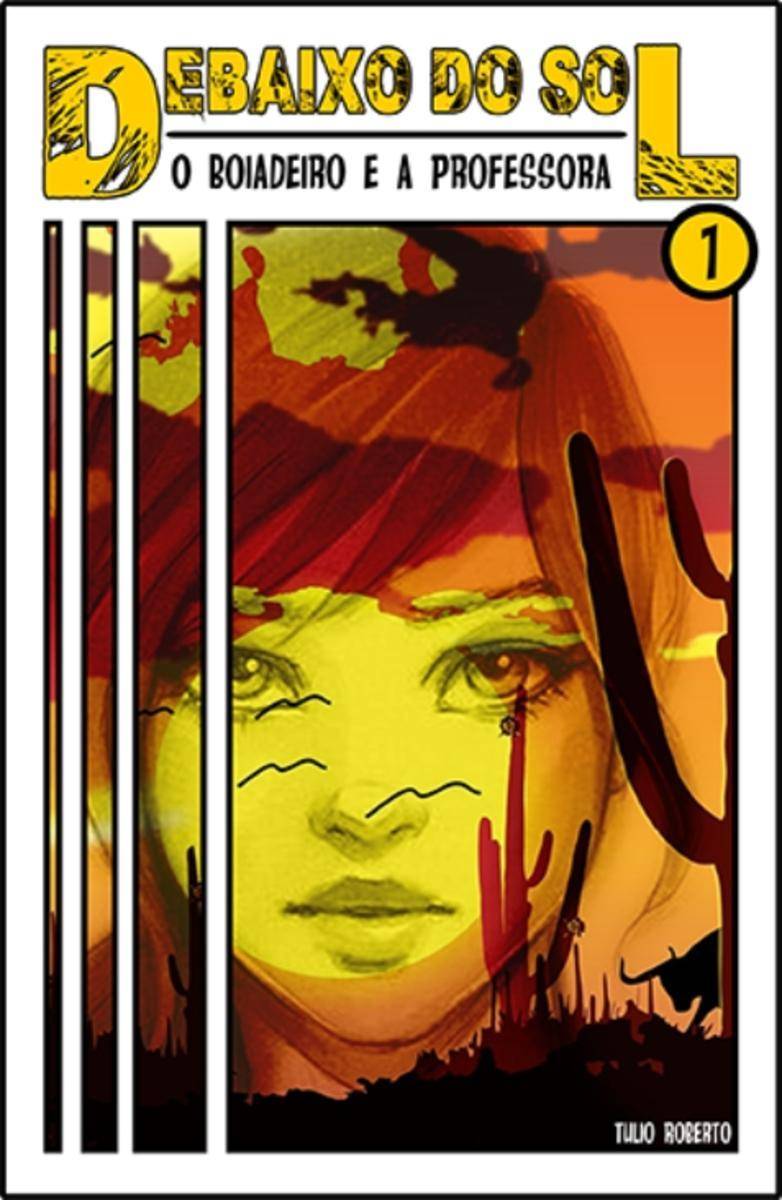
Debaixo do Sol:O boiadeiro e a Professora
¥3.11
Um ex jagun?o tenta construir vida nova longe de seu passado em uma pequeno vilarejo do sert?o nordestino. Mas a chegada de um homem misterioso e suas consequências o far?o deixar sua aposentadoria para buscar justi?a. Esse é o início de uma série de livros que resgatam a cultura da literatura pulp para o público de hoje.

Candy Crush Jelly Saga Tips, Cheats and Strategies
¥2.78
Candy Crush Jelly Saga Tips, Cheats and Strategies

Madden NFL Mobile Walkthrough and Strategy Guide
¥2.78
Madden NFL Mobile Walkthrough and Strategy Guide
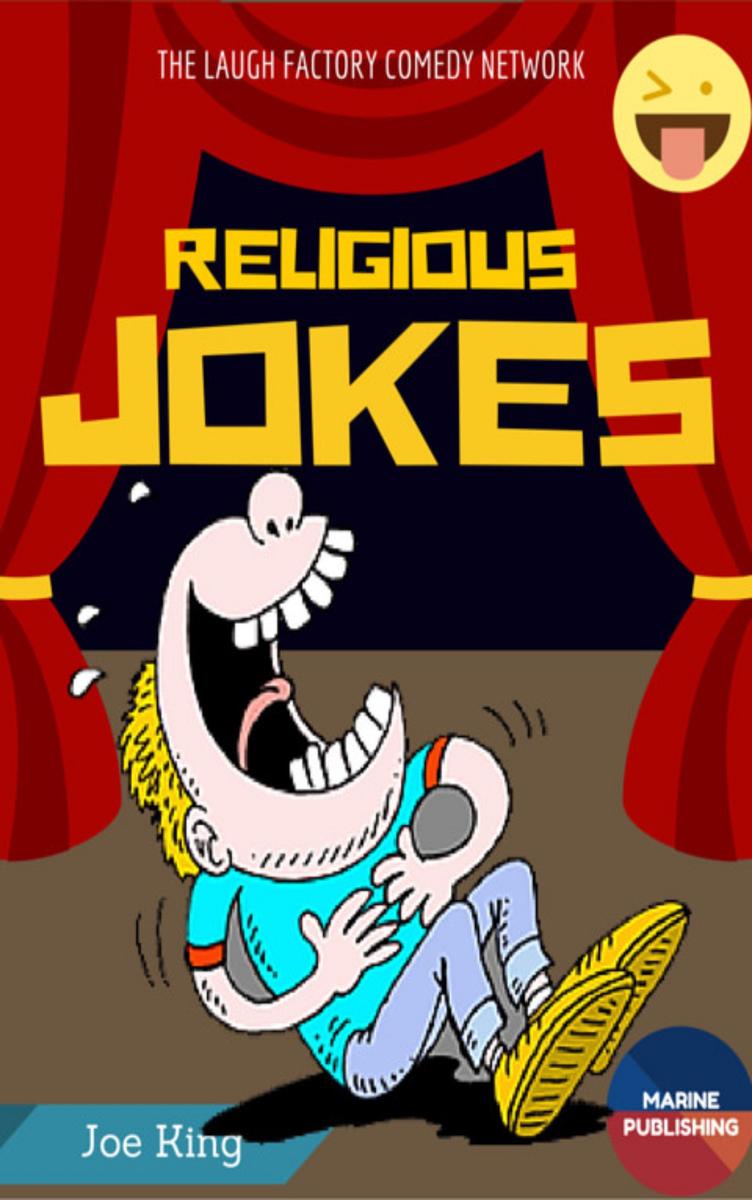
Religious Jokes
¥2.78
Religious Jokes

Blitz Brigade Online FPS Fun Game Guides Walkthrough
¥2.78
Blitz Brigade Online FPS Fun Game Guides Walkthrough
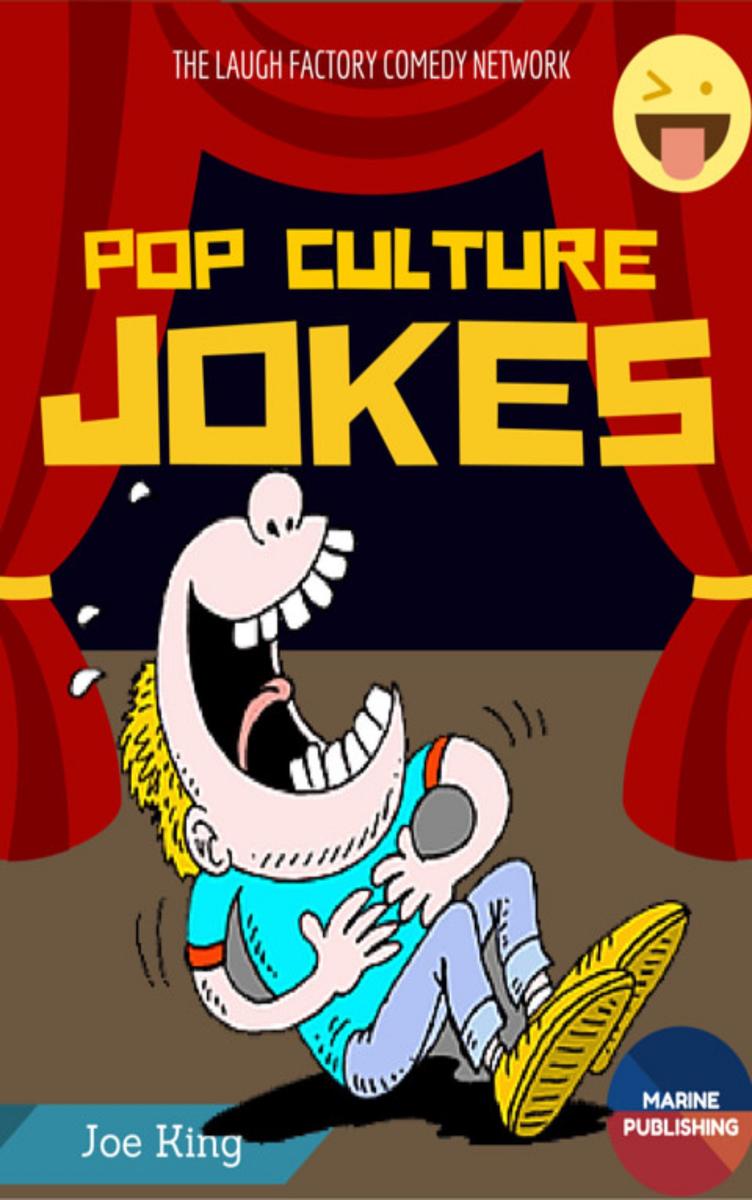
Pop Culture Jokes
¥2.78
Pop Culture Jokes

Fifa 15 Ultimate Team: Coins, Tips, Cheats, Download, Game Guides
¥2.78
Fifa 15 Ultimate Team: Coins, Tips, Cheats, Download, Game Guides
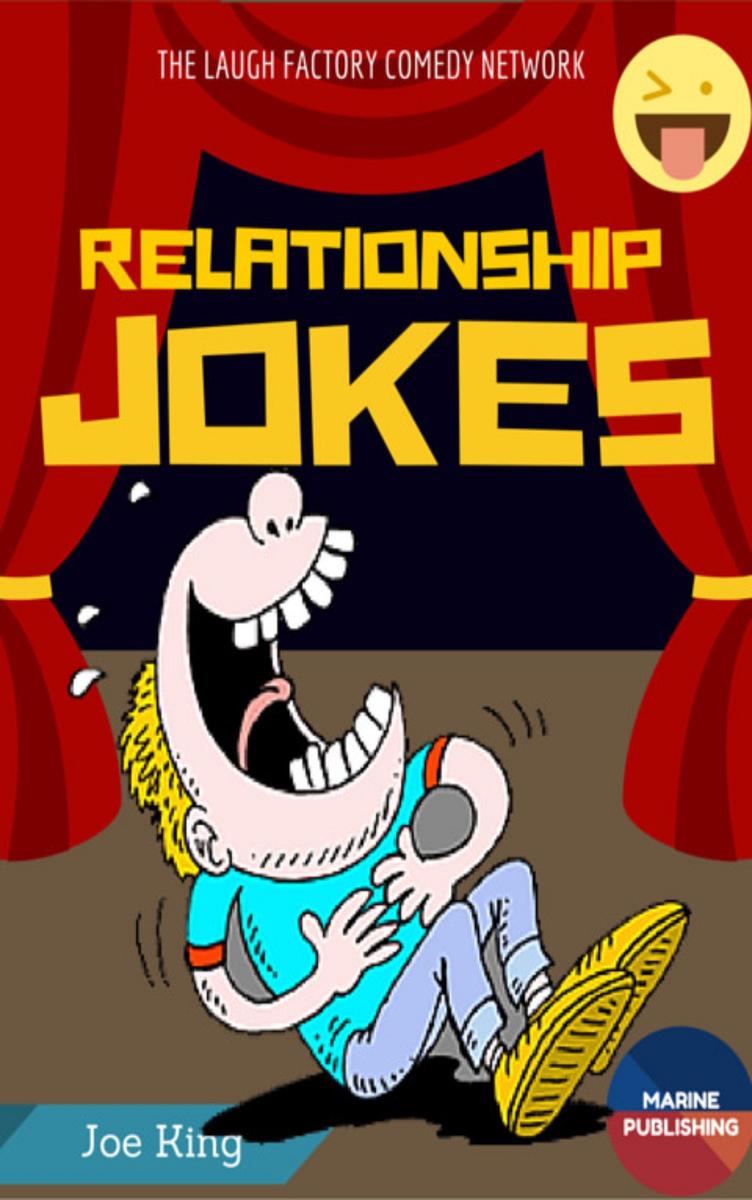
Relationship Jokes
¥2.78
Relationship Jokes

Pokémon X Walkthrough and Pokémon Y Walkthrough Ult?mate Game Guides
¥2.78
Pokémon X Walkthrough and Pokémon Y Walkthrough Ult?mate Game Guides
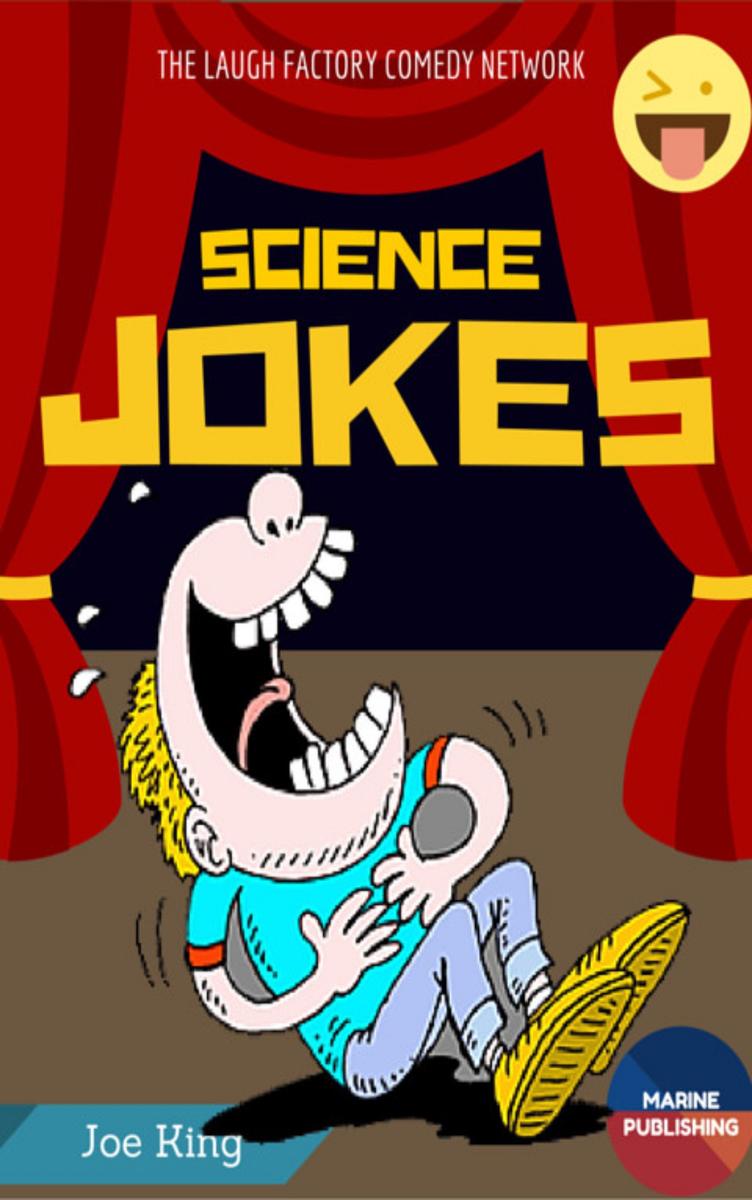
Science Jokes
¥2.78
Science Jokes
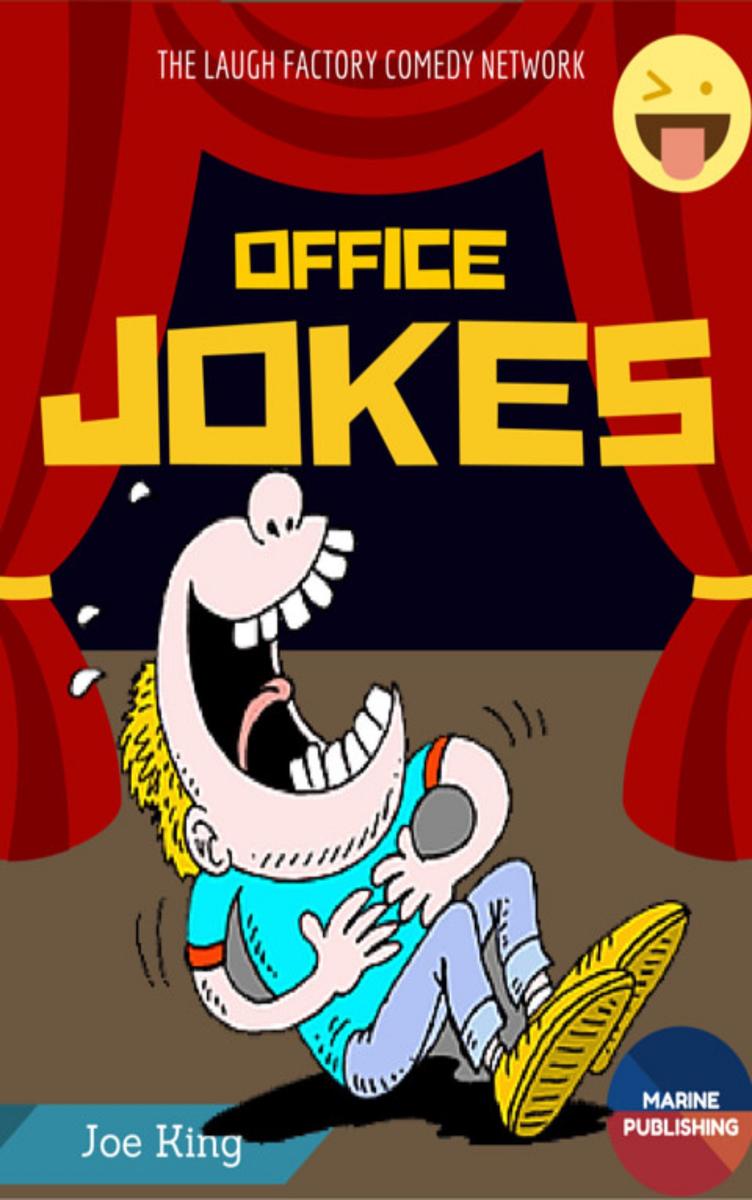
Office Jokes
¥2.78
Office Jokes

LATEST JOKES JOKE BANK
¥2.78
LATEST JOKES JOKE BANK
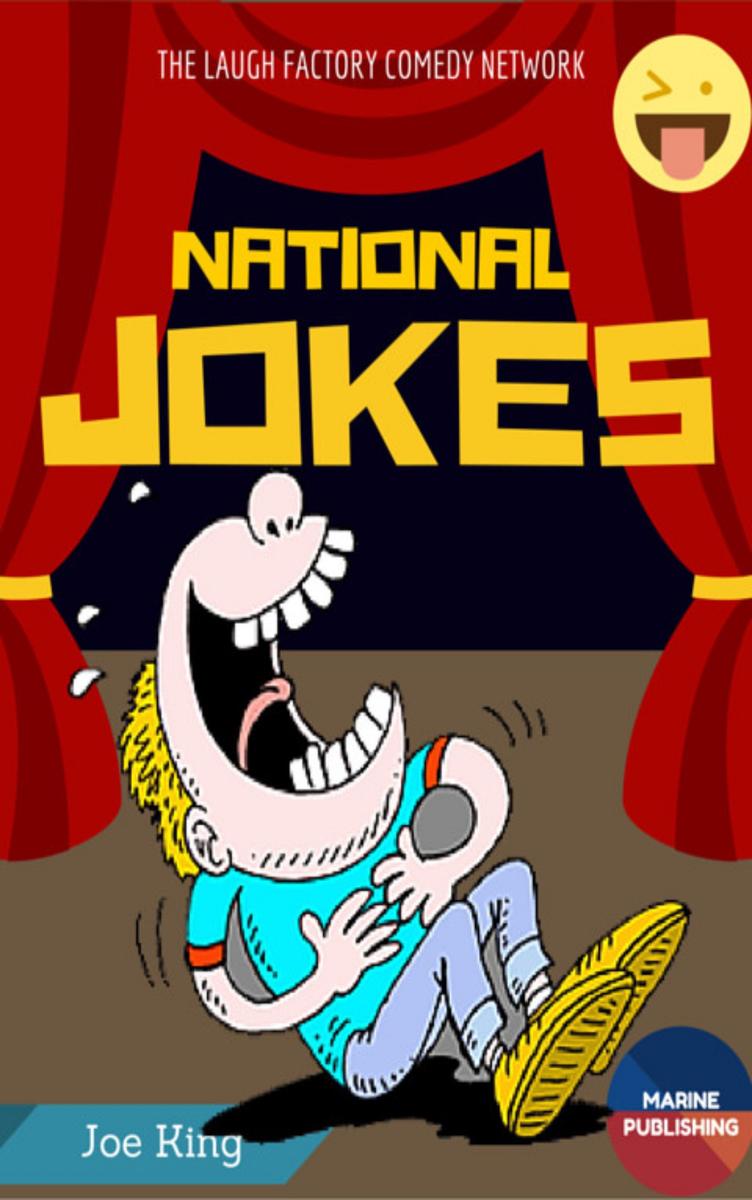
National Jokes
¥2.78
National Jokes




 购物车
购物车 个人中心
个人中心



